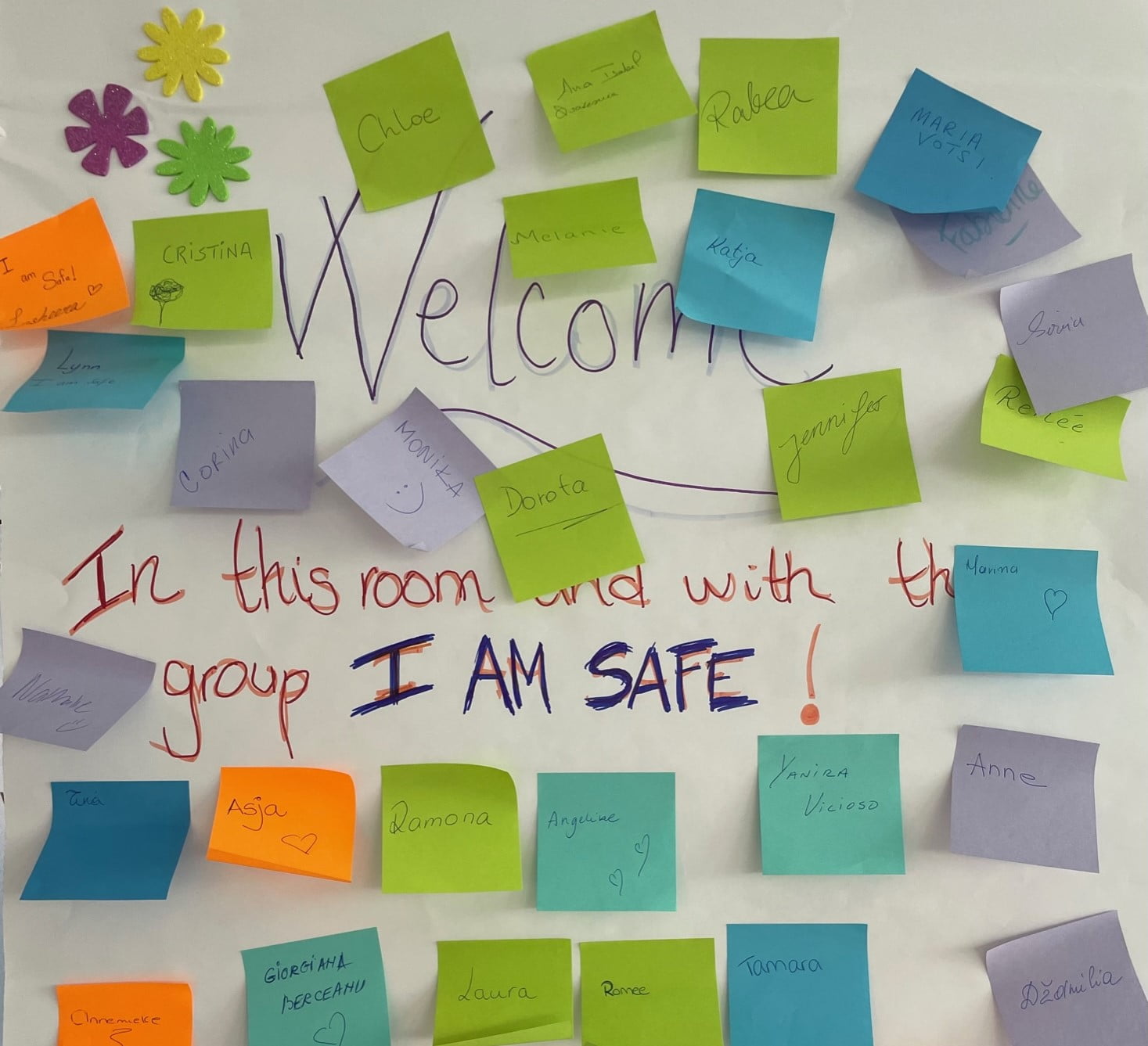Twenty years ago, while being the National Spa Director for twelve locations at Tricoci in Chicago, I presented a management philosophy to a large group of executives in the wellness and spa industry at an industry conference in Las Vegas. Last weekend, as I was cleaning up boxes, I found my notes at the bottom of the pile of paper. It was like a resurgence of thoughts came into my mind. I told myself, “OMG, this is the foundation of what we call today psychological safety at work; I got to renovate this and bring it out of the box.”
The philosophy focuses on four central pillars:
- GIVE TRUST
The reliance on a person’s integrity, strength, ability, and belief in their action’s purpose is reasonable.
- GIVE EXPECTATIONS AND GUIDANCE
Define the values, establish a bond, and guide the company’s boundaries.
- GIVE CONFIDENCE
Provide approval and recognition, offer participation in decision-making, and delegate tasks or responsibilities.
- GIVE FREEDOM
Create a peaceful environment with open communication, non-judgmental feedback, and accessibility to ask questions in a group setting and to leadership.
Giving trust, we know how difficult this can be.
Why not give someone the benefit of the doubt until they prove otherwise? After all, if you hired them, you must have trusted them. Trust is crucial in any working relationship, friendship, or business venture. When trust is established, teams are more likely to share information about their projects and successes, leading to greater motivation, productivity, and a harmonious work environment. Trust must be present within and outside the management team to foster emotional intelligence and psychological safety.
Giving expectations may seem foundational.
It is recommended that a company provides clear values on the first day of employment rather than waiting for the 90-day review or feedback. Defining the organization’s values is crucial to the interview process and helps both parties better understand. This also establishes a bond and creates a balance of power, enabling independent personalities to work harmoniously. Expectations should be defined based on the objectives and goals of the department, focusing on individual strengths and weaknesses to allow for a development path and growth that gives employees a sense of contribution and belonging while achieving their goals.
Giving confidence starts with showing curiosity toward people and ideas,
above all, validating right versus wrong and building regular feedback on what works by strengthening the positive. Praise the accomplishments and thank the effort; human nature thrives on being recognized and rewarded, which allows them to build “belief boxes” that are constructive for their development and the company’s growth. In my newly published book, Unapologetically Bold – How to Regain Self-confidence Using the Transformation Cycle while Climbing the Corporate Ladder, You can find much information about belief boxes. In the end, self-trust and confidence promote Psychological Safety.
Giving freedom is super easy when we meet all of the above.
It’s crucial to foster an environment that encourages creativity and innovation as companies undergo transformation. In the era of AI, we must empower human minds to generate fresh ideas that will help ensure a harmonious future for both humans and robots. Psychological safety can only be achieved when we provide freedom within the workplace.
The modern working environment is changing fast, and because of that, we must add more to this foundation. Promoting diversity of all kinds, addressing bias, and ensuring fairness, as well as expanding cultural competence, need to be inserted in the four pillars or be treated separately depending on the organization’s situation. Psychological Safety will not happen without all of the above!
If you want to learn more or have a consultation, contact me here.
